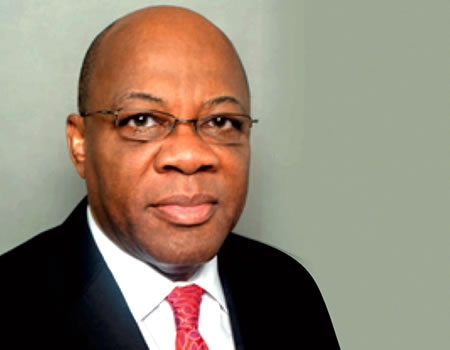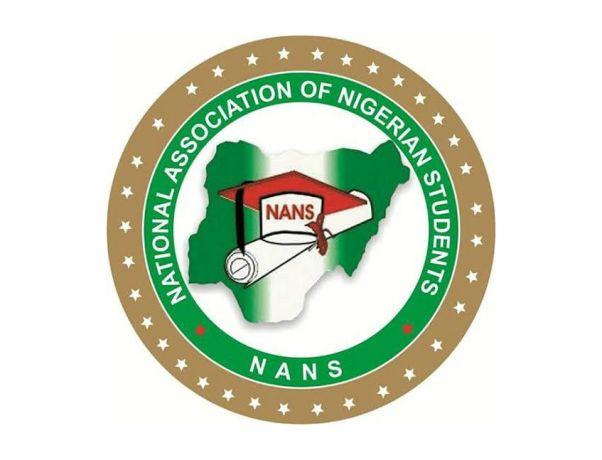A former President of the Nigerian Bar Association (NBA), Olisa Agbakoba (SAN), has threatened to drag the Federal Government to court to determine the constitutionality of continuing outsourcing of oil and gas management to International Oil Companies (IOCs) through Joint Ventures (JVs) and Production Sharing Contracts (PSCs).
Agbakoba also called for a complete overhaul of Nigeria’s oil and gas sector, insisting that the current system has ‘completely failed’ and is responsible for poverty and hunger across the country.
The human rights lawyers, who stated this at a press conference in Lagos, argued that the current Contract Oil model directly contradicts Sections 16 and 44(3) of the Nigerian Constitution.
He maintained that the law mandates the government to manage Nigeria’s natural resources in a manner that secures the maximum welfare, freedom, and happiness of every citizen and that the current arrangement, which primarily benefits IOCs, falls far short of this constitutional requirement.
Agbakoba also stated that it is a fundamental principle of administrative law that statutory bodies, including the government, can not delegate their core functions without express legal authorisation. Without such express authority, the current arrangements may be ultra vires and potentially void.
The lawyer said, “These responsibilities, fundamental to the nation’s sovereignty and economic well-being, may be inherently governmental and thus incapable of being lawfully delegated to private entities. Furthermore, it is dubious whether the federal government has the authority to delegate the inherent rights of Nigerians to their natural resources to third parties.
“While the federal government is reluctant to consider shared or joint ownership with state governments, who represent Nigerians more directly, it sees no issue in delegating, outsourcing, and sharing joint ownership with IOCs. This inconsistency raises questions about the government’s interpretation and application of its constitutional mandate.
“We will approach the court to declare that the PIA, the current legal framework for the continued outsourcing or unlawful delegation of the management of Nigeria’s oil and gas to IOCs, is unconstitutional.
“The dominance of IOCs in the sector has historically limited opportunities for developing local content and building domestic capacity in the oil and gas industry,” he said.
Agbakoba also said that the current system of JVs and PSCs, which was initially justified by a lack of funds, now appears to violate the inherent rights of Nigerians over their natural resources.
He stated that if the country adopts a “Development Oil” approach, it can reclaim control over its vital oil and gas sector and transform it into a powerful engine for national development.
The senior lawyer insisted that this paradigm shift requires bold policy changes, including securitising oil reserves through a Sovereign Oil Fund, allowing Nigeria to finance its oil and gas operations.
He said, “The current exit of IOCs presents both a challenge and an opportunity for new Nigerian actors in the oil and gas sector. In collaboration with the federal government, these actors must rise to the occasion and build a new strategy for oil and gas exploration based on development oil principles.
“By aligning the oil and gas sector with broader national interests and constitutional obligations, Nigeria can create a more diversified, resilient, and prosperous economy that truly benefits all its citizens. This approach not only promises economic growth but also reaffirms Nigeria’s sovereignty over its natural resources, ensuring that they are managed for the welfare and security of all Nigerians, as mandated by the constitution,” Agbakoba stated.
Leadership

 Boss Picks4 days ago
Boss Picks4 days ago
 Opinion6 days ago
Opinion6 days ago
 Opinion4 days ago
Opinion4 days ago
 Events5 days ago
Events5 days ago
 Adding Value5 days ago
Adding Value5 days ago
 Featured5 days ago
Featured5 days ago
 Headline3 days ago
Headline3 days ago
 News5 days ago
News5 days ago














